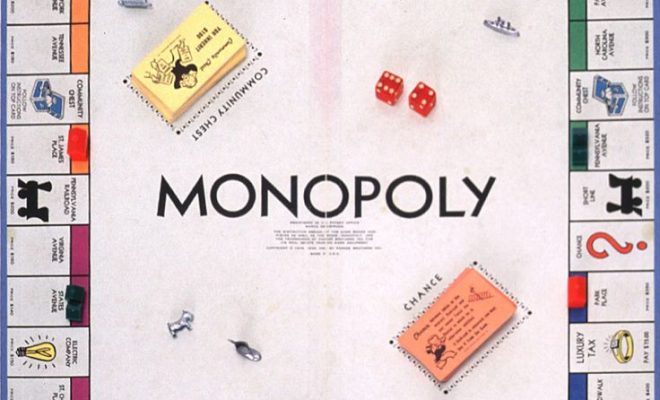Monopoly vs. Free Market: Which One is Better for Online Players?

State monopolies are a double-edged weapon. On one hand, they offer authorities increased control over a certain market segment. On the other, state monopolies are not necessarily good for consumers, as they tend to be bureaucratic, rigid, and soulless. Certain market segments still keep being under complete government control – in Canada, one of these markets is online gambling. The Canadian gambling law only allows state-owned gambling companies – provincial lotteries – to offer online gambling services to locals. This might have seemed a good idea at the time but it has proven to be problematic later on.
A weird law
When it comes to online gambling operators, the laws of Canada are clear: only state-owned operators are allowed to offer them in Canada., When it comes to players, though, the law is not this strict: there is no law stating that Canadians are not allowed to play online in casinos outside the country. This loophole causes many Canadian gamblers – especially those living in provinces with no local online gambling options – to flock to offshore gaming operators like Vegas Palms casino. These have quite a few advantages compared to the local options (where they exist), which makes them more attractive to players. And these players are taking their money outside Canada, to an operator that doesn’t – and has no legal obligation to – pay taxes on its profits generated by them.
No competition
“No competition” and “monopoly” might sound great for a company but often not for the consumer. The same goes for Canada’s gaming operators. PlayOLG, EspaceJeux, and PlayNow are dominant – or better said, they have a monopoly – in their respective markets, which perhaps makes them overconfident. They all operate in regions with a large number of players and offer a local alternative to offshore operators that patriotic Canadian gamblers can use. Yet patriotism is not enough to counter the often far more appealing offers from offshore operations like the Vegas Palms – especially when players have no real alternative to consider, like in the case of the provinces with no state-owned ones.
Having no competition leads to complacency for state-owned operators – they are contempt with the games, benefits, and platforms they already have. Players, in turn, are not – this is one of the reasons so many of them flock to Vegas Palms and other offshore gaming venues. Due to its competitive nature, the online gambling business forces operators to be better, more trustworthy, and to offer more attractive player benefits. Competition has led to desirable opening bonuses, amazing monthly specials, mobile gaming options, and the constant release of fresh games. Things local operators don’t have.
The state monopoly on online gambling means no competition for legal Canadian online casinos, yet the absence of the free market conditions translate into stagnation and fewer benefits for the players. If these operators would have true local competitors, players would have alternatives other than simply heading to the “gray” market, perhaps keeping more of their money inside the country.








